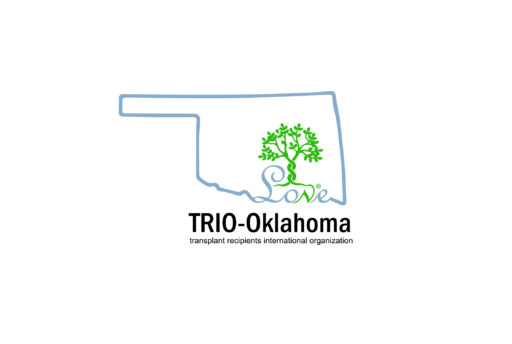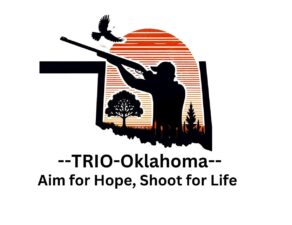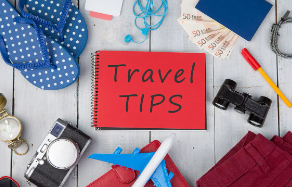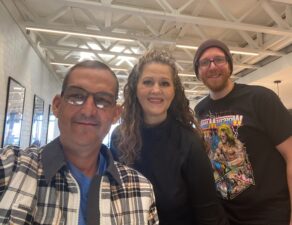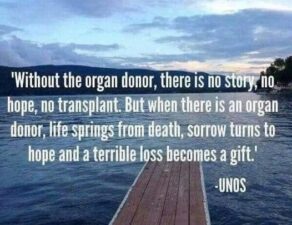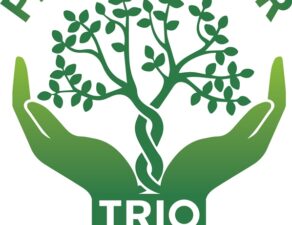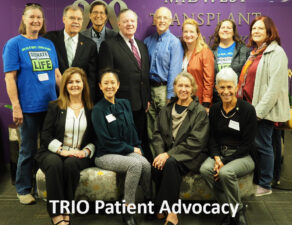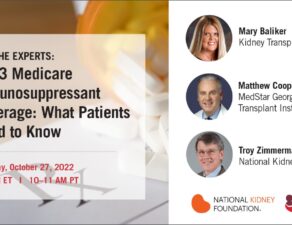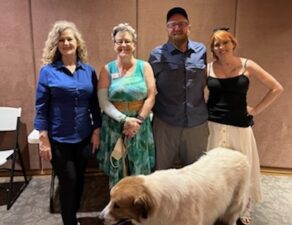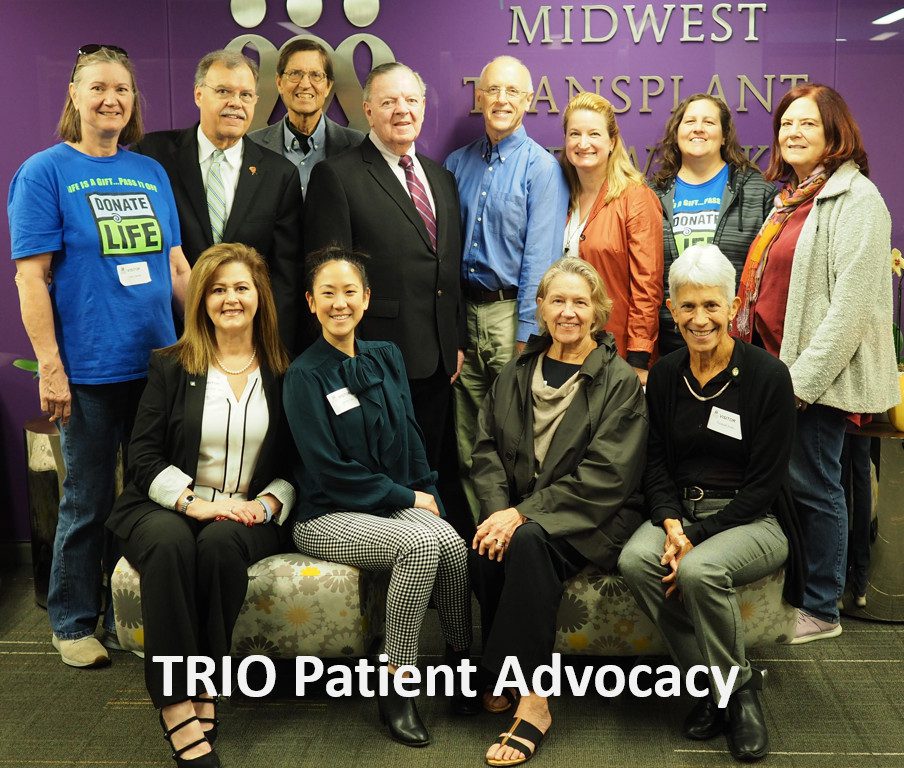
TRIO PUBLIC POLICY REPORT – April 2023
DEVELOPMENTS AT UNOS
The press has started to report on substantial changes to UNOS that are being recommended by
HRSA, the department at HHS that oversees UNOS and transplantation policy. Your Committee
will continue to monitor the recommendations as they unfold and will report out to you as we
receive the information.
In addition, there was major press coverage to the results of the UNOS liver allocation policy
that was implemented several years ago. The Committee is planning an article for the May e-
newsletter issue that will discuss policy as it applies to both liver and kidney recovery,
allocation, and distribution. Changes to the organ system in the United States should be welcome
as technological and medical advances continue. Registering to be an organ donor is still a
reflection on all of us for this important social need and our ability to help our family, friends,
neighbors, and all citizens.
THREE YEARS OR SO AFTER COVID
Dr. Marcus Pereira, director of the Transplant Infectious Diseases Program at NYP/Columbia
Medical Center, sat for an interview with TRIO recently to talk about all things COVID:
what do we know about it and what we don’t,
how is it still affecting the United States,
how are we treating it now,
what does the future look like,
and what does our community still need to practice.
Dr. Pereira said that Covid is in a steady state right now. There are still infections,
hospitalizations, and deaths, but they are all declining. Early diagnosis with home tests and rapid
antigen tests has made the disease much more amenable to treatment than before. Patients are
less ill and the disease doesn’t last so long. The Pinetree study confirmed the use of Remdesivir
for treatment of Covid, whether the patient needs hospitalization or not.
For the immunosuppressed community, caution and watchfulness are still needed. Covid has the
potential for complications. Transplant recipients should not treat the disease on their own,
especially with Paxlovid; the transplant team must be contacted and included in the discussion.
Lowering immunosuppression medications is not a good idea unless the transplant team has been
consulted. The advice is masking and still being aware of social settings with the possibility of
infection.
However, Dr. Pereira points out that Covid continues to surprise the medical and immunology
communities. It’s still not known if Covid acts like any other respiratory infection with
seasonality aspects, although most scientists suspect it will be; and Covid has changed form
many times in its 3 year history.
Dr. Pereira also addressed the use of Evusheld and Interferon. Evusheld was withdrawn from
emergency use when it was found not to be effective against Omicron; however, Astra Zeneca
has recently announced that Evusheld 2.0 is in trial, promising effectiveness against Omicron.
For the transplant community, the fact that Interferon boosts the immune system makes it mostly
unsuitable for recipients.
We sincerely thank Dr. Marcus Pereira for his time, guidance, and good advice as we continue to
manage through Covid.
For a list of the references that Dr. Pereira discussed during his interview, please consult the
following:
THE CDC WEBSITE THAT TRACKS COVID IN THE US
https://covid.cdc.gov/covid-data-tracker/#variant-proportions
AN ARTICLE BY A PHYSICIAN MEMBER OF THE FDA VACCINE APPROVAL
PROCESS ON USING BIVALENT VACCINES
https://www.nejm.org/doi/full/10.1056/NEJMp2215780
THE USE OF INTERFERON FOR COVID TREATMENT
https://www.nejm.org/doi/full/10.1056/NEJMoa2209760#:~:text=Treatment%20with%20an%20
exogenous%20source,SARS%2DCoV%2D2%20infection
ASTRAZENECA ANNOUNCEMENT ABOUT EVUSHELD 2.0
https://www.astrazeneca.com/media-centre/press-releases/2023/update-on-evusheld-us-eua.html
PART D COALITION
TRIO remains an active participant in a Coalition to maintain Medicare Part D coverage for the
six protected classes of drugs, which include immunosuppressives.
Congress is currently focused on the new budget. Hearings were planned at the end of March
before the Senate Finance Committee and the House Ways and Means committee. These
committees are responsible for Medicare funding. TRIO’s Public Policy committee will monitor
any developments and share with membership.
The Coalition is continuing its effort to introduce a proposed resolution in Congress this June on
maintaining the protected classes. We should be receiving a survey soon to help best increase our
leverage at future meetings with Congresspersons. The Coalition will also be sending out one-
pagers with talking points and other background on the resolution. The committee will share this
information with Chapter leadership and individual members and encourages everyone to let
their Congressperson know of the importance of this protection to the transplant community.
